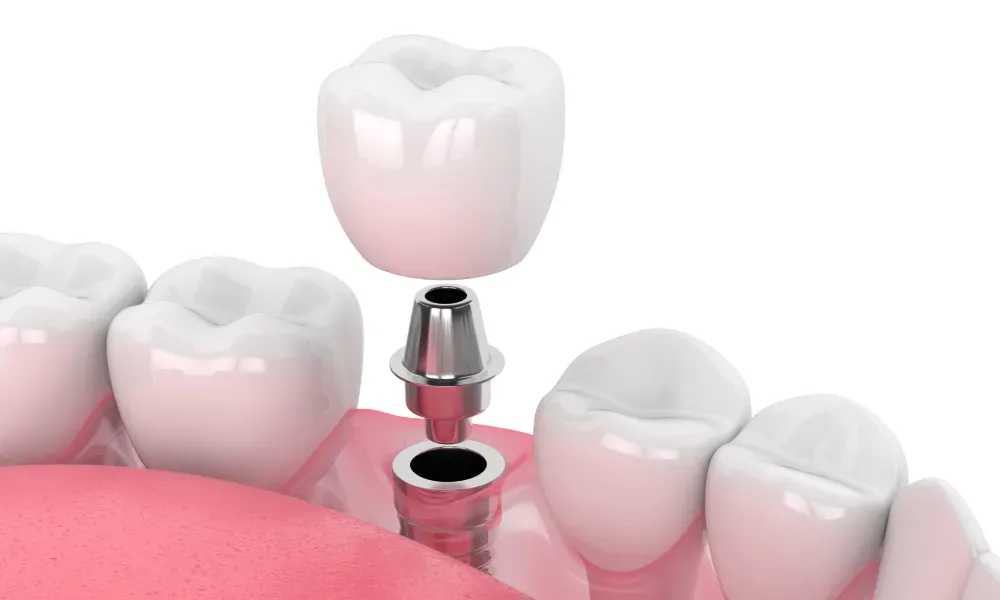Restoring functioning is the top focus in cases of tooth loss or extraction. In addition to impacting how you look and speak, missing teeth may also affect your confidence and self-esteem. Dental bridges and implants are two of the most often used solutions in Leduc’s dental clinics for these issues.
Bridges and dental implants provide the same outcomes. However, they differ significantly in terms of technology. If you are looking for the best way to replace your missing teeth, it is essential to find out which clinic provides the best dental bridges in Leduc, AB.
Which option is best for you: Dental bridges or Dental Implants?
There are a few factors to keep in mind about while selecting between a dental implant and a dental bridge:
Longevity
When taken care of properly, dental implants are meant to be a permanent solution that lasts a lifetime. Conversely, dental bridges typically need to be updated every five to fifteen years.
Maintaining Good Dental Health
In order to support a dental bridge, the neighboring teeth must be corrected. Over time, this may weaken and increase the likelihood of healthy teeth decay or injury. On the other hand, dental implants do not need the surrounding teeth to be modified, thus they remain healthy.
Preserving Jawbone Health
When a tooth is gone, the jawbone in that area starts to deteriorate. Because they strengthen the jawbone and stop bone loss, dental implants help preserve it. Bone loss is still possible because dental bridges cannot stimulate the jawbone to the same extent.
Function and Appearance
For lost teeth, dental bridges and implants can both offer an affordable and visually appealing replacement. However, a lot of people think that dental implants provide a smoother and more comfortable alternative because they feel and look more like natural teeth.
Long-lasting and low-maintenance of dental implants

Dental implants have the primary benefit of being able to last a lifetime if they are made of high-quality material. They do not require much maintenance, such as using waterpik and flossing. In addition to saving you money in the long term, this procedure is more costly than dental bridges but will also spare you from pain, discomfort, and unnecessary follow-up appointments.
Periodic replacement of dental bridges
If decay develops in the neighboring supporting teeth, the affected tooth can break or need a root canal. In that case, the bridge will need to be replaced. Because the crown will take longer to fill the gap left by the lost bone, the new bridge may look even more unattractive. Dental bridges might need replacement every 4 to 7 years despite their lengthy lifespans.
So, which one should you choose?
When choosing a treatment option, cost usually becomes the deciding factor in the long run. Additionally, price can be deceiving when comparing dental bridges vs dental implants.
The average price of a dental implant is $350. On the other hand, a dental bridge, which starts at $165, may be quite less expensive.
Remember that the price of both does not include any potential upfront expenses for additional therapies or treatments. It’s also important to keep in mind that most health insurance plans do not cover dental bridges or implants. However, please verify this with your insurance provider.
You might be wondering why anyone would choose to have dental implants installed since they are more expensive, need more considerations based on your medical history, and take longer to finish. To put it simply, the response is that dental implants last longer than bridges.
A dental bridge will most likely need to be replaced, while implants that are correctly placed may last for 40 years or longer. The success rate of implants is much higher than that of bridges.










